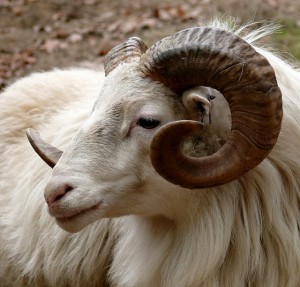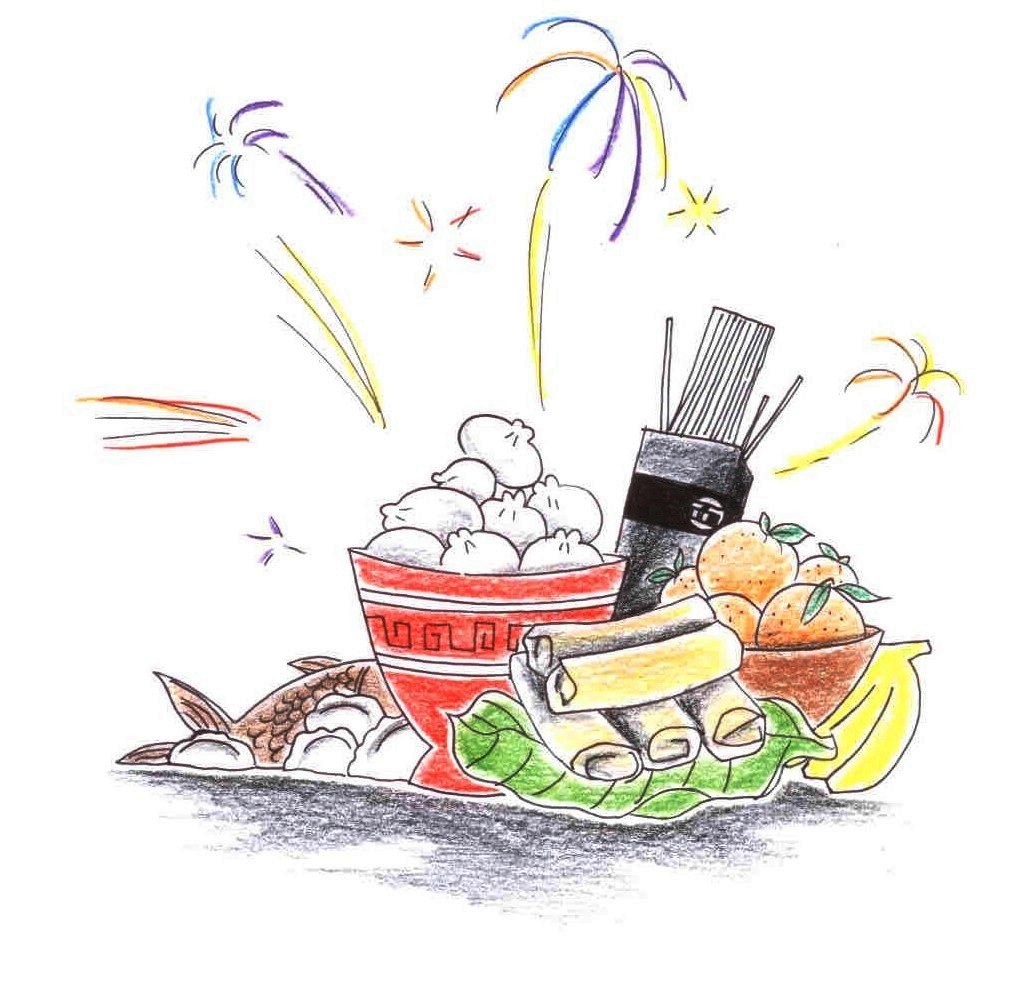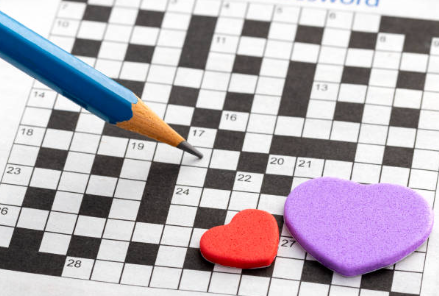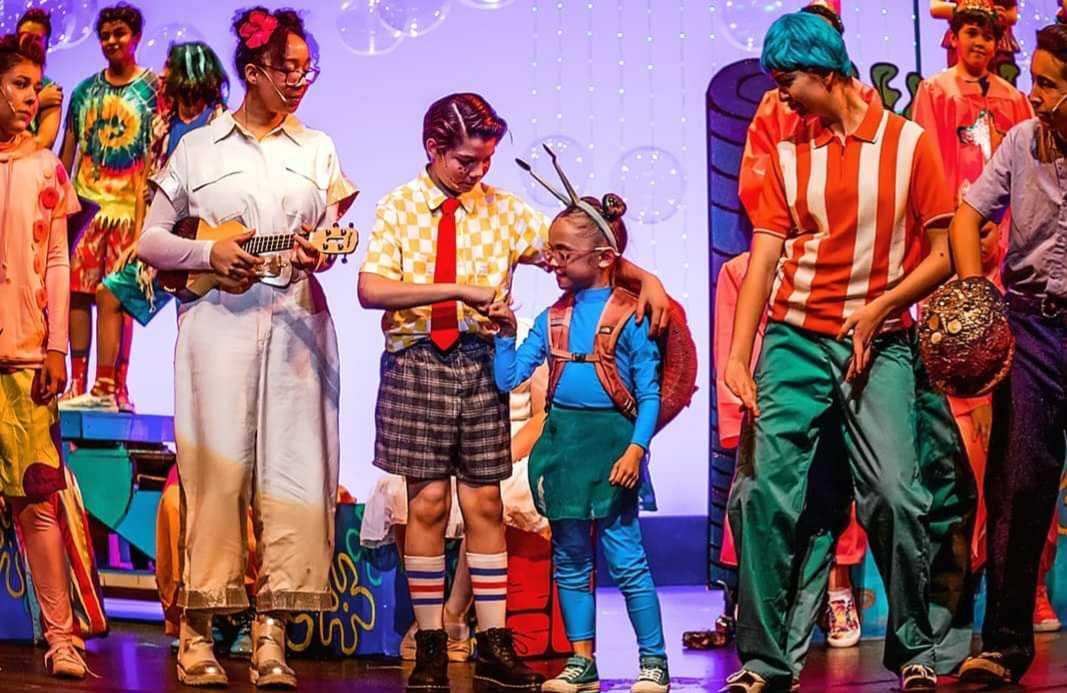5…4…3…2…1…Happy New Year! While the Western New Year was almost two months ago, the Chinese New Year has just begun. Feb. 19 marked the beginning of year 4713 in the Chinese calendar, the year of the sheep (ram, goat). For Chinese communities around the world, now is a time for family, feasting, and fun.

Unlike the Western New Year, celebrations for Chinese New Year last a full week. Children usually get three weeks off from school to celebrate as part of their winter break. Family members converge from all parts of China to the house of their oldest living relative. On New Year’s Eve, people celebrate with their family. But during the following days, people celebrate with their friends. Both types of celebrations are characterized by large dinners. The New Year ends with the lantern festival, which is held on the fifteenth day of the first lunar month or Mar. 5 for this year.
Many special foods are eaten during Chinese New Year. “They all have a similar pronunciation, a pun, to symbolize good luck, prosperity, or good health,” Shu-Lin Bergman, world languages faculty member, said. For example, a heavy rice flour cake (niángāo) is pronounced the same way as the phrase “high year.” For children, niángāo symbolizes growing taller in the coming year. For adults, the mochi-like cake represents their hopes of promotions. “In the family reunion, the last dish is always fish…fish is yú [鱼], and the pronunciation is the same as yú [余], meaning surplus or leftover. So that is usually the last dish you serve, in any banquet… by then everybody is all full, so fish is always leftover by then,” Bergman said. “People will say ‘nián nián yŏu yú [年年有余]’, ‘every year we eat fish,’ but which also means ‘every year we have more than we need.’” People also eat oranges, not just because they are in season, but also because the word for orange sounds like “gold,” and because the oranges are “golden” in color.
Along with food, certain traditions are practiced throughout the New Year’s holiday. “My best memory of New Year’s is the smell of oranges… Peeling the oranges, combined with the smell of cold air exploding with fireworks, brings back good memories of the celebration,” Bergman said. Fireworks are popular, and one can expect to hear loud bangs whether they are in the center of an urban metropolis or out in the countryside. Folklore dictates that the loud pops scare away demons wishing to do evil. More importantly, however, they are a fun way to ring in the new year. On New Year’s Eve, children are given red envelopes filled with money by their parents, aunts, uncles, and older married cousins. Chinese New Year is also used to pay respects to ancestors. Most families visit the tombs of their ancestors and set out food each night to feed the spirits of the dead.
Chinese New Year is the most important cultural holiday in China. It is a celebration that is full of tradition yet is still timeless. Even overseas, Chinese New Year is a time for joyful festivities. Whether you’re celebrating a new 2015 or a new 4713, here’s to a happy and healthy new year!

The traditions discussed above are only a handful of the many traditions observed during Chinese New Year. To learn more, click here. To learn more about the traditional meanings of New Year’s dishes, click here.







